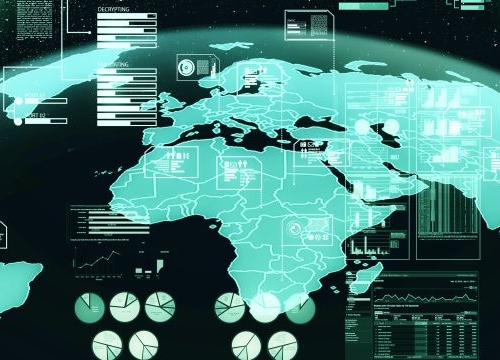Towards Greater Accountability with Open-Source Information
Geneva Academy Talks
Open-source information is increasingly referred to as a landmark innovation in efforts to promote accountability. When it is gathered accurately, used responsibly and stored safely, such data can greatly contribute to documenting, investigating and prosecuting international crimes and serious human rights violations, including during armed conflict.
Reliance on open-source information also raises concerns, however, for instance around information veracity, the right to privacy, conditions for courtroom admissibility and protecting the fundamental rights of the accused.
This IHL Talk will explore the practices, opportunities and challenges stemming from the open-source character of information and will notably discuss the following issues:
- Understanding technology: To add value to accountability processes, digital open-source information must be collected, analysed and managed according to strict standards. This raises important questions around both opportunities (data overlays, geolocation and identity verification), as well as challenges (safeguarding, manipulation and mishandling) for using open-source data in legal processes.
- Open-source data in international organizations and⁄or NGOs: Open-source information is already being used by international commissions of inquiry, different special procedures and NGOs to document international crimes and serious human rights violations. Important lessons should be gleaned from such experiences, including around sourcing and verification methodologies, how a ‘do no harm’ approach is integrated into data collection, and how findings are fed into accountability processes or otherwise used in practice.
- User-generated evidence: While user-generated evidence may play an important role in the prosecution of international crimes, key procedural questions remain. These include the threshold for admissibility, what status is attributed to the owners of such information and the level of credibility attached to such evidence in determinations.
Moderation
- Ana Srovin Coralli, Teaching Assistant, Geneva Academy
- Francesco Romani, Research Fellow, Geneva Academy
Panelists
- Jacqueline Geiss, Chief Executive Officer, Videre Est Credere
- Sam Dubberley, Managing Director, Digital Investigations Lab, Human Rights Watch
- Samborska Iryna, Prosecutor of the First Unit, Division for Procedural Management of Pre-trial Investigation and Maintenance of Public Prosecution in Criminal Proceedings on Crimes related to Sexual Violence, Department of Combating Crimes Committed in Conditions of Armed Conflict, Prosecutor General’s Office of Ukraine
About IHL Talks
The IHL Talks are a series of events, hosted by the Geneva Academy, on international humanitarian law and current humanitarian topics. Academic experts, practitioners, policymakers and journalists discuss burning humanitarian issues and their regulation under international law.








